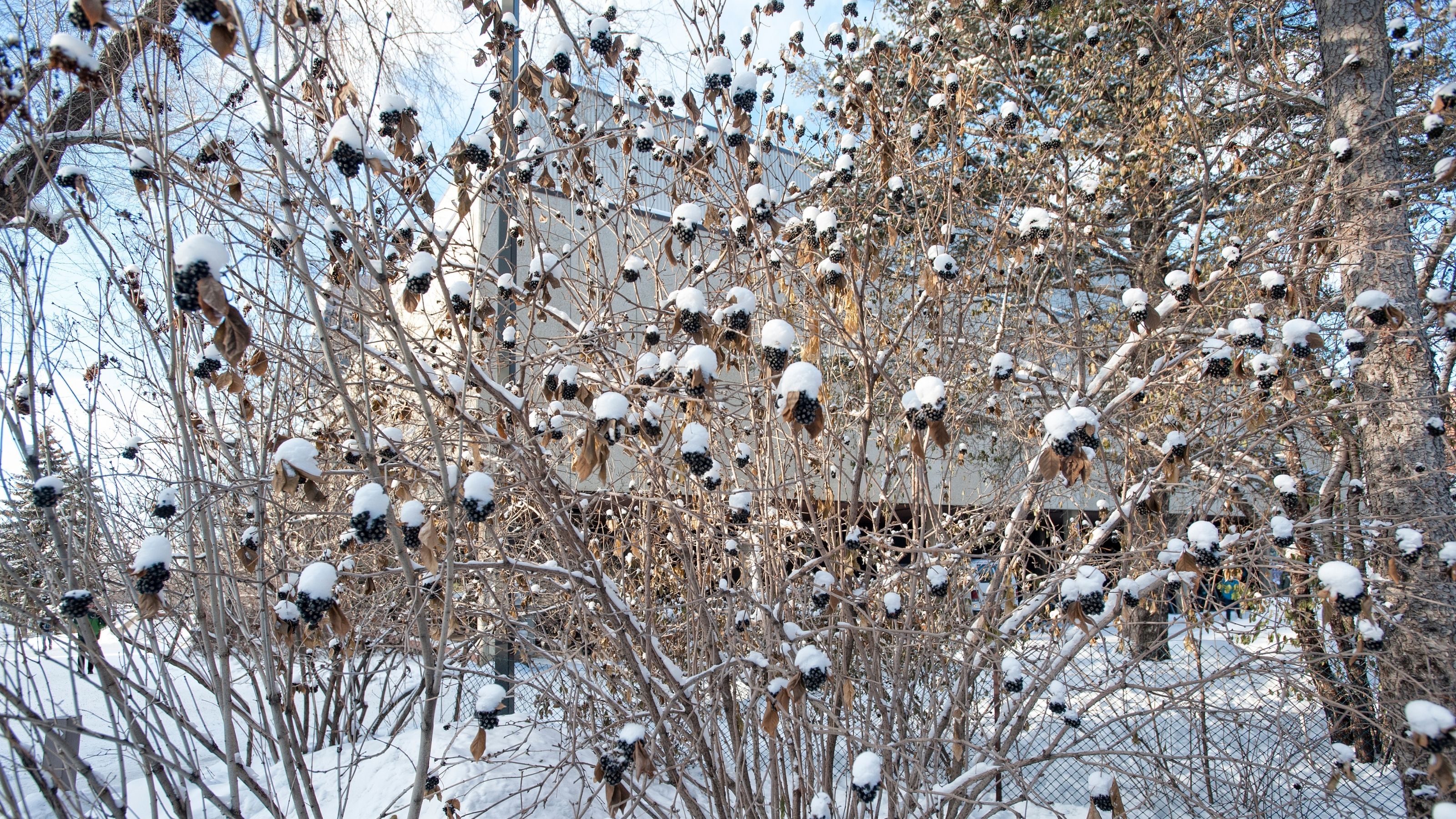We’re twenty-two months into a pandemic. That’s more than 650 days where we’ve experienced (and continue to experience) new and fluctuating stressors. To some extent we’ve developed strengths and resilience; however, suicidal ideation can occur in contexts where there is high levels of stress and low levels of control. This pandemic is one of those contexts. It’s normal and understandable that people may have thoughts of suicide, which makes it important to talk about it as a community. We know that one of the better remedies is to acknowledge the existence and impact of suicide as a way to decrease the stigma that prevents people from seeking help.
The University of Alberta Suicide Prevention Campaign (January 25-27, 2022) aims to destigmatize suicidal ideation, encourage our community to develop their support skillset, recognize systemic realities and bring awareness to the various resources available on campus for students, staff and faculty. It’s important that information and resources be available to individuals experiencing suicidal thoughts and to people supporting someone having suicidal thoughts.
Support
When a person is going through a difficult time, they often experience feelings of loneliness, helplessness, worthlessness or hopelessness. We have seen first-hand how life-giving a supportive conversation can be for someone when they have felt seen and heard and know that they are not alone.
A question we ask participants in the How to Have a Supportive Conversation workshop is, “When you hear the word ‘support,’ what comes to mind?” Students, staff and faculty share words like listening, non-judgment, empathy, care, trust, validation and being there. Participants usually answer this question quickly, which tells us their responses are how they like to receive support or prefer to provide it.
Support can come in different forms, including formal (i.e. seeing a counsellor) or informal (i.e. talking to a friend). As campus members, we can increase our knowledge and build skills in supportive techniques through workshops like Suicide Prevention Training, and the Community Helpers Program. As supporters, workshops like these can boost our confidence and equip us to support individuals in a meaningful way, like approaching someone with empathy and compassion, and creating a space that avoids advice-giving and instead promotes agency.
Self-care
A colleague used to speak of self-care as tending a fire. Every once in a while, you come by and stoke the fire, build it up to get it going again and then ignore it until it’s almost out. This inevitably makes it more work to get it going again. When we are really busy tending to other more pressing things, stoking the fire is often the least of our concerns. If we carry on this way for too long, that cold fire impacts every aspect of our lives and takes significant effort, support and resources to build up again.
Self-care is tending to our inner fire: finding the things that keep it from fading. This is often spoken about in the media as “big” actions that require a lot of time, planning or organisation. But that thinking can miss the small, tangible everyday things we need. An effective and easy method is to name how you are feeling. We like to refer to this as a mental health check-in.
An equally important but often less-discussed aspect of self care is setting boundaries. Setting boundaries can be difficult. They are linked to our relationships and sense of responsibility, making them hard to enact. Yet, boundaries help reduce the chances that you’ll get overwhelmed and are a key element to maintaining our ability to continue connecting in the future.
Remember: It's okay for your comfort and boundaries to shift. Ask yourself what boundaries you need *right now* and know that you can convey those with compassion.
Resilience
Resilience is commonly understood as an individual trait. Yes, you and I have internal abilities that build resilience, like the presence of self-efficacy, resistance skills and empathy. However, this places a lot of emphasis on the survival mode of the individual. Individual resilience perpetuates the notion that you can pull yourself up by your bootstraps. It doesn’t acknowledge the systemic challenges that a person with suicidal thoughts encounters that are beyond their control.
Suicide prevention takes a community and is work that continues year-round. And, it includes community resilience that accounts for continually learning how to foster social systems that care for people, the development of social connection and accessibility to resources. Evidence of community resilience in your life – especially the tougher moments – can take the shape of answering who and what resources helped you through it. To get you started: support folks around you, develop your support skill set, and advocate for the needs of others.
Supporting Each Other
You can help prevent suicide by creating community resilience on campus by:
- Building connections with others. Resilience grows through the support of natural caring relationships.
- Checking in on your peers/colleagues. Offer support and be there when life is challenging.
- Advocating for supportive policies and social support that can help lower stress in difficult situations.
- Developing diverse resources that reflect a variety of needs and experiences.
- Recognizing and taking action on inequities that impact mental health. Learn more about how racism intersects with suicidal ideation during this workshop on January 27).
Life can be challenging, pandemic or not. If you are struggling with thoughts of suicide or supporting someone who is thinking of suicide, you are not alone. Support is available.
About
Brianna Bucalo, Heather Ritz and Tiffany Sampson are Wellness Supports Community Social Workers on the Wellness Supports team. Sandra Varghese is a fourth-year student in the Faculty of Nursing.
